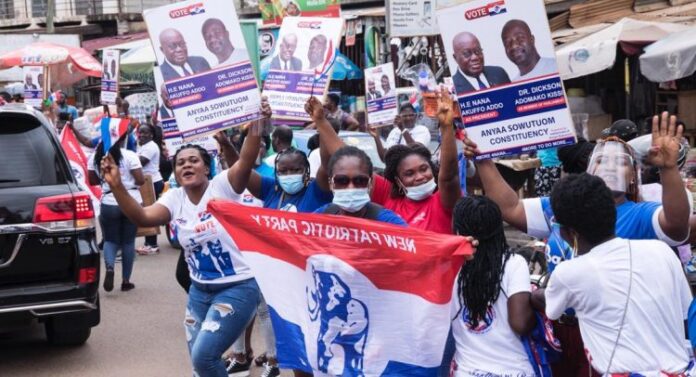The Center for Democratic Development – Ghana (CDD) has disclosed that its latest survey exposes the rising cost of politics in Ghana attracting illicit funding from organized crime.
According to CDD, the large sums of monies used in political party campaigns make the process susceptible to demand and supply-side corruption and illicit money.
“The absence of an effective campaign financing regime provides opportunities for ill-intentioned donors, local criminals, and organized crime actors to gain influence over elected officials by financially supporting their campaigns.
“This not only undermines democracy, good governance, and the rule of law but also has negative consequences for economic and social development,” CDD said in a press release dated 2nd February 2022.
The Organization stated that the more tangible sources of campaign financing were from major campaign financiers “some of whom are engaged in Serious and Organized Crime (SOC) activities.”
“The majority of campaign financiers provided their funds with the expectation of receiving some form of reward such as procurement favours in the form of works, services, and construction contracts; appointments; protection of businesses; protection from prosecution in the case of illegal activities; tax waivers; and access to power.
“Specific sources of funds identified as money from illicit activities include illegal mining, illegal oil diversion, and kickbacks from procurement of goods, services, and works contracts and from proceeds of organized crime,” the release explained.
According to CDD, the gaps in the legal and regulatory framework and oversight of campaign financing in Ghana have enabled the inflow of money from illicit sources into Ghanaian politics.
“The high cost of running for elections is exacerbating exclusionary politics and preventing the reforming of the status quo. This, in turn, is inhibiting real change actors to enter the political arena and drive influential changes for positive developmental outcomes.”








































